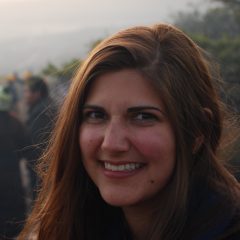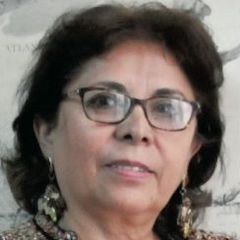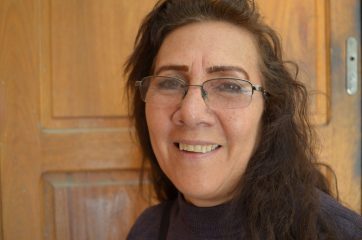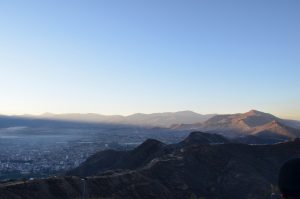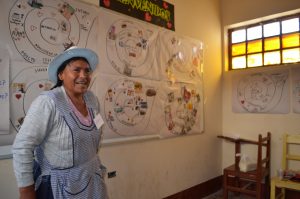City Research Team
Cochabamba
Our research explores the relationship between urbanization and gender dynamics through the Bolivian case of Cochabamba. In Bolivia, the rapid 2.5% rate of urbanization means 69% of the population is now urban. In Cochabamba, a mid-sized city nestled in the Andean mountain range, this fast pace of urban transformation, spurred by internal economic migration, is marked by chaotic planning, poverty, violence, informal settlements, differentiated access to basic services, and employment and housing insecurity in the peri-urban fringe. As women continue to migrate from rural to urban areas to access work in the informal sector, Quechua women form the majority of working poor engaging in precarious work in the informal sector. Our project engages with women from the municipality of Sacaba where rapid urbanization is very pronounced. Informal settlements as well as newly middle-class condominiums are swiftly replacing agricultural lands. This precarious zone has the highest rate of gendered violence in the Cochabamba Valley.
Nuestra investigación explora la relación entre el desarrollo urbano y las dinámicas de género en el caso de Cochabamba, Bolivia. En Bolivia, la rápida tasa de desarrollo urbano del 2.5% significa que el 69% de la población ahora es urbana. Para Cochabamba, una ciudad de tamaño medio ubicada en la cordillera de los Andes, este acelerado ritmo de transformación urbana esta estimulado por la migración económica interna. La ciudad está marcada por la planificación caótica, la pobreza, los asentamientos informales, el acceso diferenciado a los servicios básicos, y la inseguridad de empleo y de vivienda en la periferia periurbana. A medida que las mujeres siguen migrando de las zonas rurales a la ciudad para acceder un trabajo en el sector informal, las mujeres campesinas forman la mayoría de los trabajadores que realizan trabajos precarios en el sector informal. Nuestro proyecto involucra a mujeres del municipio de Sacaba, dónde el rápido desarrollo urbano es muy pronunciado. Los asentamientos informales, así como los nuevos condominios de la clase media, están reemplazando rápidamente las tierras agrícolas. Esta zona precaria tiene la tasa más alta de violencia de género en el Valle de Cochabamba.
- View from “El Cristo”, Cochabamba, Bolivia
- “The Mandala of Life” – Cochabamba, Bolivia Celia shares her life story with the group during a GenUrb workshop on storytelling, a powerful approach for social learning. During these workshops, women come together to engage in communities of dialogue, share ideas and generate new knowledge. “Mandala de la Vida” – Cochabamba, Bolivia Celia comparte su historia de vida con el grupo en un taller GenUrb acerca de la narración, un enfoque muy útil para el aprendizaje social. Durante esos talleres, las mujeres se reúnen para participar en comunidades de diálogo, compartir ideas y generar nuevos conocimientos.
- Sonia and Nasya “Mandala de la Vida” Workshop
- “Mandela de la Vida” Workshop, Sacaba, Cochabamba, Bolivia
- “Mandela de la Vida” Workshop, Sacaba, Cochabamba, Bolivia
Publications
2. Carpeta de Datos de la Cuidad de Cochabamba y el Municipio de Sacaba (Report on Sacaba and Cochabamba) by María Esther Pozo and Sonia Pardo Burgoa


